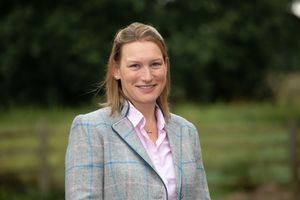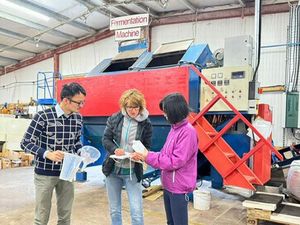Shropshire Farming Talk: Farmers and landowners in limbo
I truly hope that 2025 provides some positive steps forward for farming and rural communities, following another difficult year for the industry in 2024.
Published

On Boxing Day, the government announced its plan to repeal the 2031 cut-off date for adding unrecorded rights of way to the Definitive Map in England, which was set in place by the previous administration.
The 2031 cut-off date was intended to ensure that all public rights of way were officially recognised and recorded by 2031.
With more than 40,000 miles of paths potentially qualifying for inclusion, the task of capturing unrecorded rights of way has been an ongoing process for local authorities, which started 75 years ago with the National Parks and Access to the Countryside Act.




